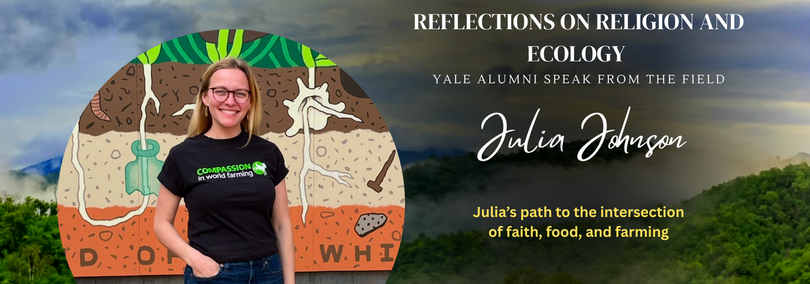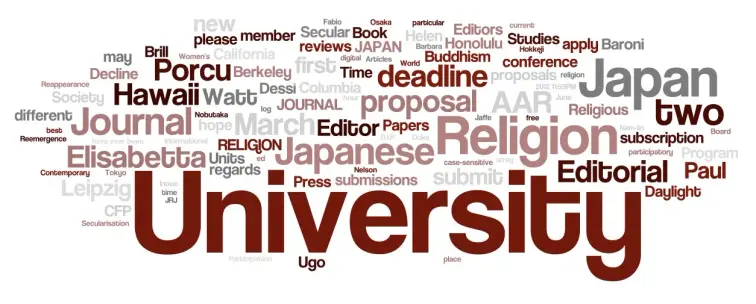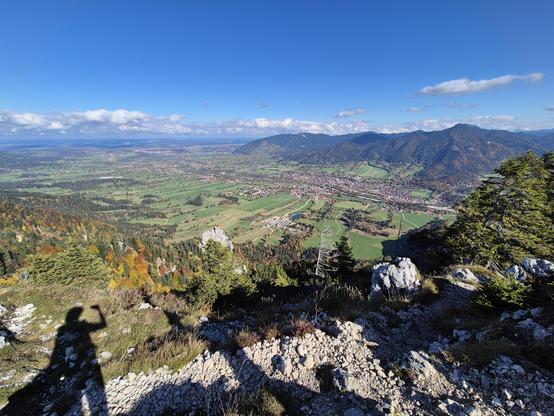2025-09-19 20:29:20
Video interview with Julia Johnson '18 M.Div. on faith, farming, and the sacredness of food systems. Part of the new series from the Yale Forum on Religion and Ecology on alums pursuing callings at the intersection of spiritual traditions and environmental stewardship. #ecotheology
2025-10-18 12:29:48
Indirect CW for teen pregnancy, rape, death.
Just finished "Girls Like Us" by Randi Pink. Pink has a knack for telling stories that capture the grim but also vibrant nuances of African-American history. I previously read "Under the Heron's Light" which has more elements of magical realism and connects more directly to the history of enslavement; "Girls Like Us" is more historical fiction, with a bridge at the end to contemporary times (circa 2019, when the book was published). It tells the story of a disparate group of mostly-Black teens who are pregnant in 1972, and shows a range of different outcomes as varied as the backstories of the different girls. Rather than just separate vignettes, the girls' stories are women together into a single plot, and Pink is a expert at pulling us in to deeply contemplate all the complexities of these girls' lives, showing rather than telling us truths about the politics of teen pregnancy and abortion, and how even though the choices involved don't have simple answers, taking those choices out of the hands of the people they most intimately affect is cruel and deadly.
#AmReading #ReadingNow
2025-08-19 16:33:34
Good to see at least some politicians realizing that you need to provide solutions that the voters need, not policies that the big donors like, the policies shaped by years of mindless repetition of Milton Friedman's failed economic hypotheses, policies based on "everyone knows - it's common sense" rather than actually looking at what works and what doesn't.
(And Friedman's nonsense has been a mantra since the 1970s, so everyone has heard the nonsense pre…
2025-08-19 16:33:34
Good to see at least some politicians realizing that you need to provide solutions that the voters need, not policies that the big donors like, the policies shaped by years of mindless repetition of Milton Friedman's failed economic hypotheses, policies based on "everyone knows - it's common sense" rather than actually looking at what works and what doesn't.
(And Friedman's nonsense has been a mantra since the 1970s, so everyone has heard the nonsense pre…
2025-08-19 16:06:03
#CFP: Meeting at the Crossroads: Understanding the Intersection of Rhetoric, Race, and Religion
https://ift.tt/4VDnHf3
Laurent Pernot wrote, “Religion is intimately linked with words. Everyone knows that the spoken…
2025-10-18 15:20:38
2025-08-19 11:36:40
Quantum sensing of electron beams using solid-state spins
Jakob M. Grzesik, Dominic Catanzaro, Charles Roques-Carmes, Eric I. Rosenthal, Guido L. van de Stolpe, Aviv Karnieli, Giovanni Scuri, Souvik Biswas, Kenneth J. Leedle, Dylan S. Black, Robert L. Byer, Ido Kaminer, R. Joel England, Shanhui Fan, Olav Solgaard, Jelena Vu\v{c}kovi\'c
https://
2025-08-18 08:27:00
Overview of Complex System Design
John W. Sheppard
https://arxiv.org/abs/2508.11026 https://arxiv.org/pdf/2508.11026
2025-08-18 09:11:30
Embodied Edge Intelligence Meets Near Field Communication: Concept, Design, and Verification
Guoliang Li, Xibin Jin, Yujie Wan, Chenxuan Liu, Tong Zhang, Shuai Wang, Chengzhong Xu
https://arxiv.org/abs/2508.11232
2025-07-22 00:03:45
Overly academic/distanced ethical discussions
Had a weird interaction with @/brainwane@social.coop just now. I misinterpreted one of their posts quoting someone else and I think the combination of that plus an interaction pattern where I'd assume their stance on something and respond critically to that ended up with me getting blocked. I don't have hard feelings exactly, and this post is only partly about this particular person, but I noticed something interesting by the end of the conversation that had been bothering me. They repeatedly criticized me for assuming what their position was, but never actually stated their position. They didn't say: "I'm bothered you assumed my position was X, it's actually Y." They just said "I'm bothered you assumed my position was X, please don't assume my position!" I get that it's annoying to have people respond to a straw man version of your argument, but when I in response asked some direct questions about what their position was, they gave some non-answers and then blocked me. It's entirely possible it's a coincidence, and they just happened to run out of patience on that iteration, but it makes me take their critique of my interactions a bit less seriously. I suspect that they just didn't want to hear what I was saying, while at the same time they wanted to feel as if they were someone who values public critique and open discussion of tricky issues (if anyone reading this post also followed our interaction and has a different opinion of my behavior, I'd be glad to hear it; it's possible In effectively being an asshole here and it would be useful to hear that if so).
In any case, the fact that at the end of the entire discussion, I'm realizing I still don't actually know their position on whether they think the AI use case in question is worthwhile feels odd. They praised the system on several occasions, albeit noting some drawbacks while doing so. They said that the system was possibly changing their anti-AI stance, but then got mad at me for assuming this meant that they thought this use-case was justified. Maybe they just haven't made up their mind yet but didn't want to say that?
Interestingly, in one of their own blog posts that got linked in the discussion, they discuss a different AI system, and despite listing a bunch of concrete harms, conclude that it's okay to use it. That's fine; I don't think *every* use of AI is wrong on balance, but what bothered me was that their post dismissed a number of real ethical issues by saying essentially "I haven't seen calls for a boycott over this issue, so it's not a reason to stop use." That's an extremely socially conformist version of ethics that doesn't sit well with me. The discussion also ended up linking this post: https://chelseatroy.com/2024/08/28/does-ai-benefit-the-world/ which bothered me in a related way. In it, Troy describes classroom teaching techniques for introducing and helping students explore the ethics of AI, and they seem mostly great. They avoid prescribing any particular correct stance, which is important when teaching given the power relationship, and they help students understand the limitations of their perspectives regarding global impacts, which is great. But the overall conclusion of the post is that "nobody is qualified to really judge global impacts, so we should focus on ways to improve outcomes instead of trying to judge them." This bothers me because we actually do have a responsibility to make decisive ethical judgments despite limitations of our perspectives. If we never commit to any ethical judgment against a technology because we think our perspective is too limited to know the true impacts (which I'll concede it invariably is) then we'll have to accept every technology without objection, limiting ourselves to trying to improve their impacts without opposing them. Given who currently controls most of the resources that go into exploration for new technologies, this stance is too permissive. Perhaps if our objection to a technology was absolute and instantly effective, I'd buy the argument that objecting without a deep global view of the long-term risks is dangerous. As things stand, I think that objecting to the development/use of certain technologies in certain contexts is necessary, and although there's a lot of uncertainly, I expect strongly enough that the overall outcomes of objection will be positive that I think it's a good thing to do.
The deeper point here I guess is that this kind of "things are too complicated, let's have a nuanced discussion where we don't come to any conclusions because we see a lot of unknowns along with definite harms" really bothers me.






